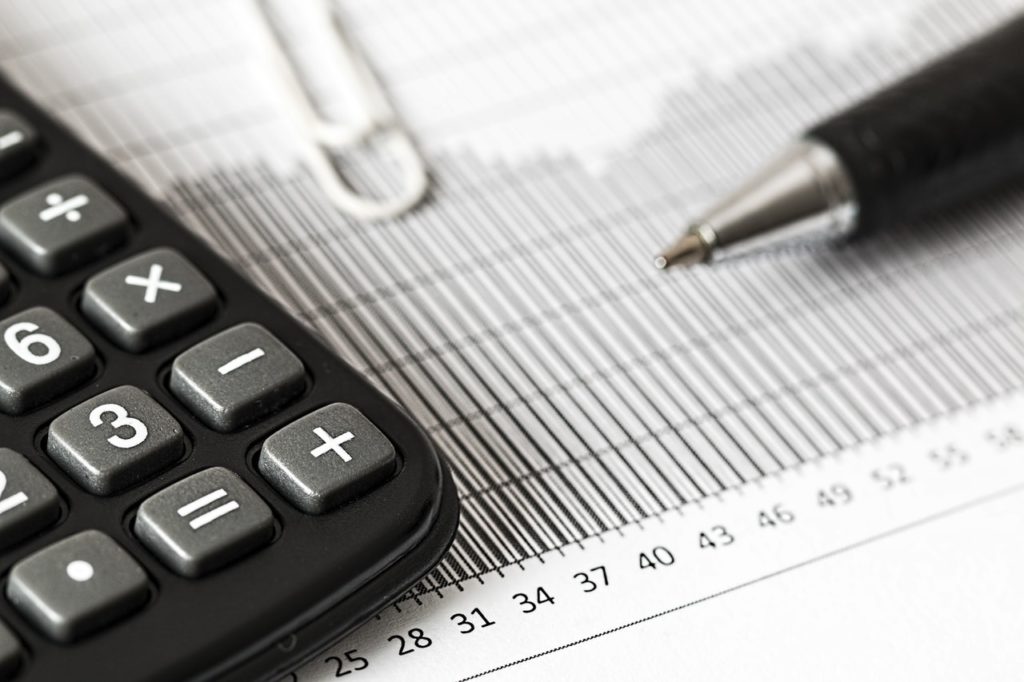The COVID-19 pandemic has made for a year of constant uncertainty. Even with vaccines on their way to worldwide distribution, it’s hard to tell when our lives will start to return to the way they were before the pandemic struck. Amid the social and economic unrest the virus has triggered, it’s wise to step back and reexamine how we’ve been handling our finances. Many of us have been struggling financially, and there’s no better time than now to do this. Here’s a list of money management tips for the pandemic and beyond.
Track your expenses
At any given time, you should be aware of how much you have in your balance. This is important for many reasons, but the one you’ll need to prioritize for the pandemic is that you’ll need to know how to ration your money for different purposes. Are you still paying off student debt? What about your small business loans? If you’re self-employed, did you make sure to set aside enough for taxes? Use accounting software such as QuickBooks for your bookkeeping.
These days, it’s also much easier to be tempted into buying things you don’t need with our increased exposure to social media and the advertisements in them. But seeing your finances all laid out in front of you will also help you avoid making discretionary expenses.

Have multiple bank accounts
It would be best if you didn’t have too many; it won’t help you have more accounts than you can keep track of. It should depend on your needs. For example, if you’re a small business owner, you should have a separate bank account for the business, so you don’t get your personal expenses confused with your business expenses. And if you have some business abroad, you should consider opening a foreign currency account. This will be useful for you because local banks normally charge a fee for foreign currency transactions.
At the very least, you should have two bank accounts: one savings and one checking account.
Build up your emergency savings
If you’re new to the world of adult finances, it helps to consult an accountant. This is a worthy investment. Even if you don’t need to hire a full-time accountant to work for you, an accountant can give you solid financial advice for whatever lifestyle you lead. At the very least, you should ask an older family member for financial advice.
Continue saving it up for a rainy day, especially if the pandemic is your rainy day. An emergency fund should cover up to a year’s worth of expenses during these uncertain times.
Seek other sources of income
The pandemic has highlighted the need for other sources of income, no matter how small they may seem. Because so many have been laid off since the start of the lockdown, freelancing — both as a full-time job and as a side hustle — has become a popular form of employment. Thanks to platforms such as Fiverr, UpWork, and TaskRabbit, it’s easier than ever to find remote freelance gigs around the world. Freelancing has such a strong appeal to many because it is flexible in both hours and workload. If you’re working as a freelancer part-time, it’s also a good way to add to your resume and/or portfolio.
During these uncertain times, it’s good to have a handle on your cash flow. Knowing how much money you have and where your money is going to and coming from will help keep you from spending it on things you don’t need, especially if you’re one of the many people struggling at the moment. Lastly, having another source of income is always a good idea because the pandemic has proven that you can never be certain of how secure you are in your job.

